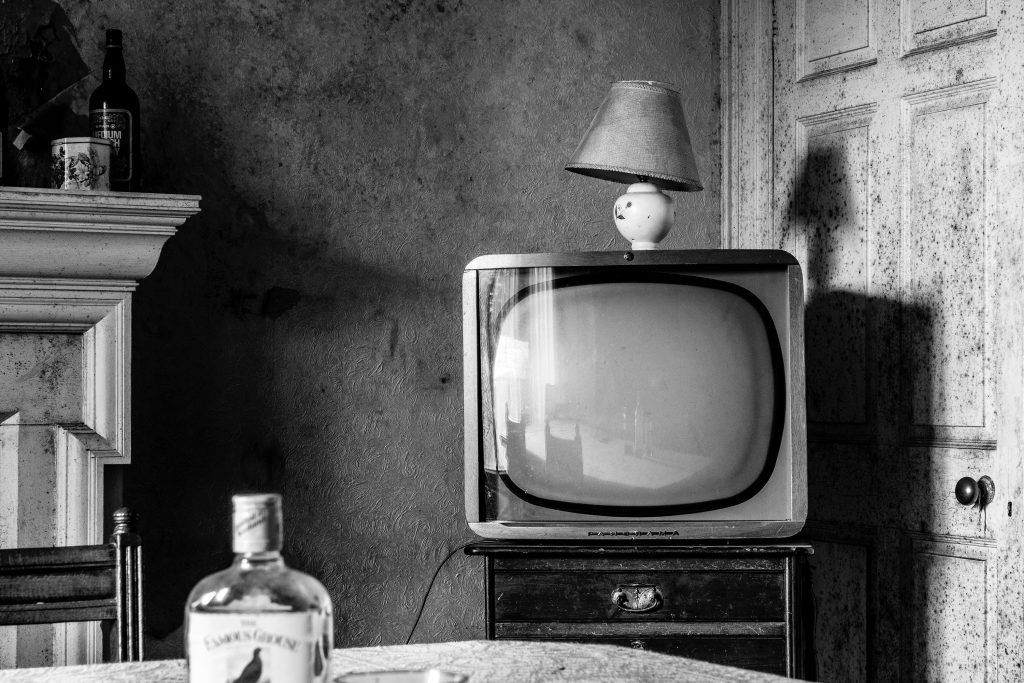For once I’d like to watch TV without me. I’d like to leave myself in the other room, happily chatting on Twitter, writing a poem, or tidying up and just sit and stare at the screen. Why do I need to bring myself into everything I see, from Grey’s Anatomy and all the doctors falling for one another and saving lives and screwing up, to the young woman on Shrill finding her feet, to Vera, the older police inspector who solves crimes and then goes home alone? It’s a constant in my head, asking, “Am I like that?” “Is that me?” “Would I do what she did?” “Have I been there?” “Would I like to be?”
But is this the purpose, for us humans, of story?
It’s supremely egotistical, the way I watch television. But is this the purpose, for us humans, of story? Am I the only one who watches to gather data about situations I have never been in but might possibly one day face? To get both warnings…and permission to try something different? (And, of course, in the case of Grey’s Anatomy, to develop my skills in spotting a pulmonary embolism or performing a thoracotomy. I’m good. Really good.)

I have been watching hours and hours over the past eight weeks as I have been struck down by, and then recovered from, flu or some such. You might think a medical drama would not be the best binge-watching choice, but it has made me grateful: not to be in pain, just tired and wobbly; not to be in a hospital; and, of course, not to be in some life-threatening situation, or worse. If I didn’t bring myself to the watching of these shows, how could I be thankful for what I have? I’m grateful watching Vera to experience a woman getting on with it, no nonsense about her having to be coupled up to be valid, to be seen. I’m grateful watching Shrill that I’m not longer in my twenties or thirties, that I now feel more like the confident woman in red who strides across the road Annie struggles to cross.
These shows help me see how far I’ve come.
And without me there, how could I check in about how I feel about my life, probe to see if there’s something in these fictional scenarios I might want? I don’t tend, though, to yearn for something I don’t have—be it long-term partner, quickie in the on-call room, or top award for surgical innovation. I compare myself, yes, but mostly I come out well from the comparison; the thought of all the romantic shenanigans—which, when you binge-watch, happen over days, not months or years—exhausts me. These shows help me see how far I’ve come. It also happens when I read, to an extent, but the act of having to visualize the scenes in a book takes up energy that isn’t needed with television. Having it laid out in front of us frees our imaginations.
I’ve just watched the latest episode of Grey’s Anatomy. I had hoped I would be back out in the world by now, but my energy is still low. Where might I go next, televisually? Even quiz shows reflect myself back to me, by what I know and what I don’t. The trick is to let it enrich, not bring me down. When I switch off the TV, it’s myself I’m coming back to.
And that’s just fine.

